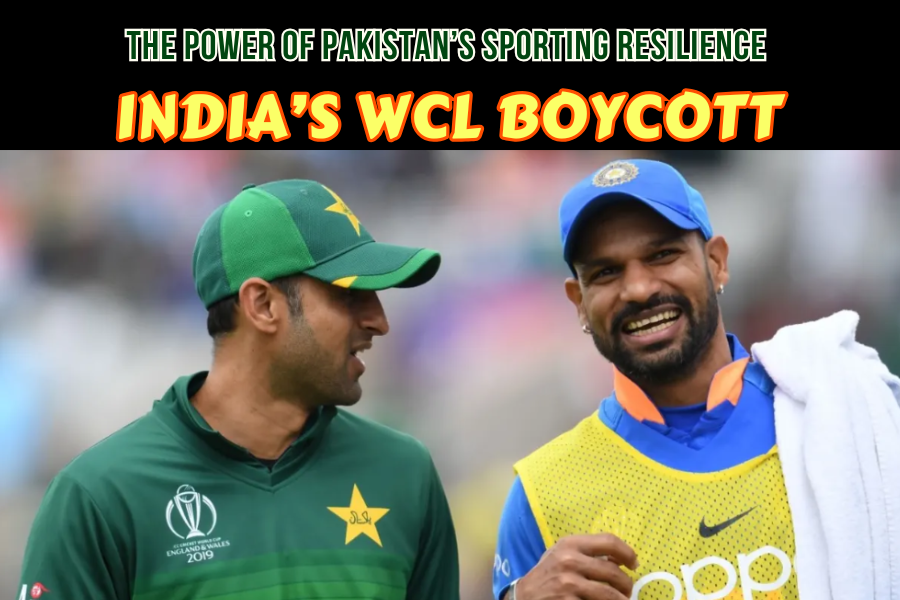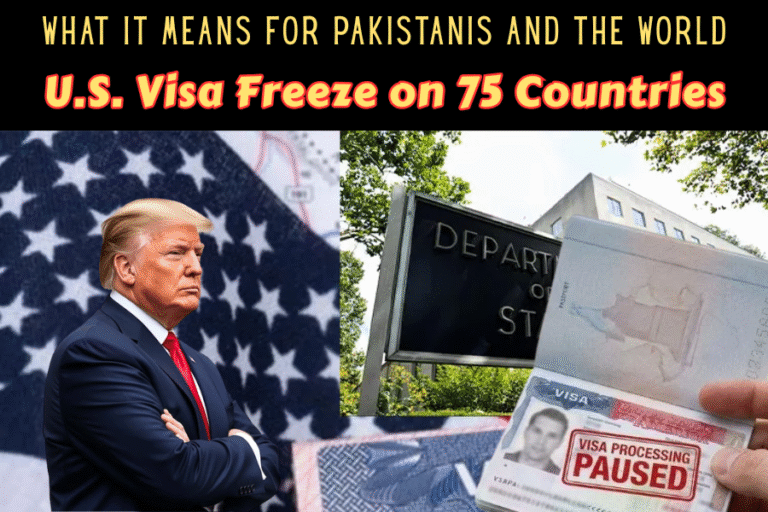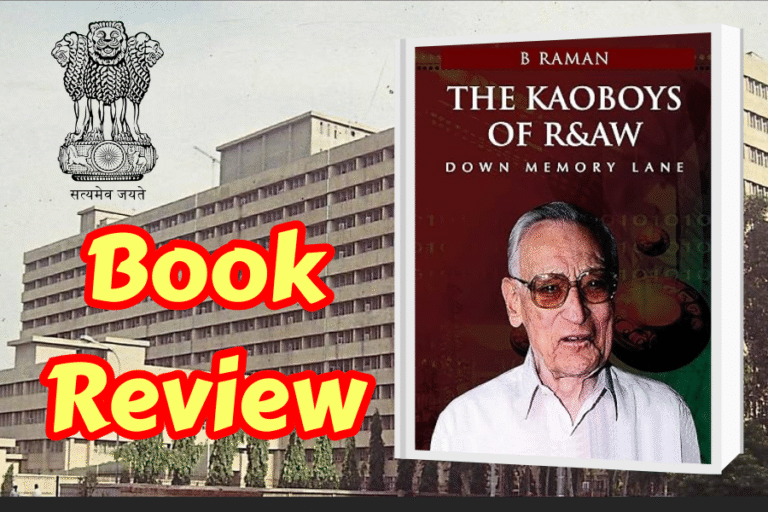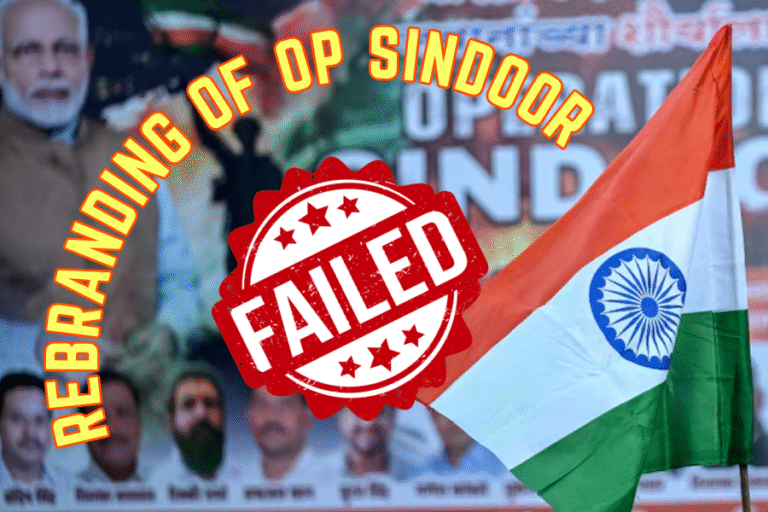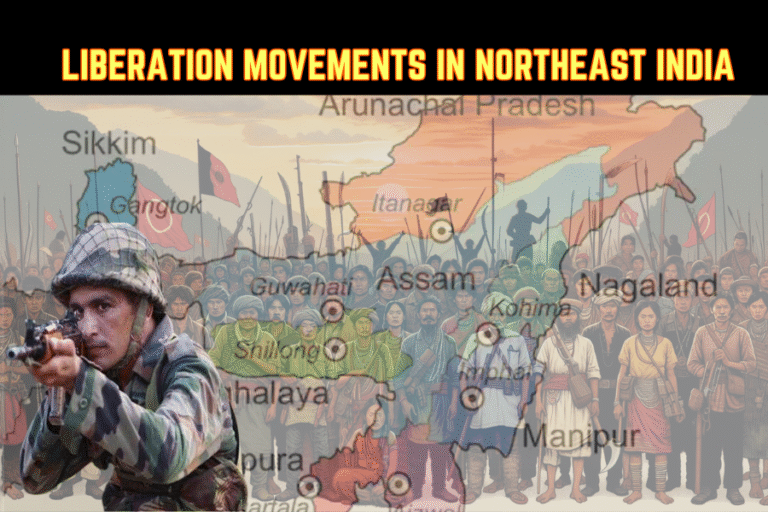(By Tahir Masood)
On a breezy July afternoon in Birmingham, when the roar of veteran cricket legends was expected to rekindle nostalgia and sportsmanship, a conspicuous silence echoed from one camp. India—the world’s largest democracy and cricket’s financial epicentre—pulled out of the World Championship of Legends (WCL) 2025 fixture against Pakistan. The stated reason? “Geopolitical tensions.” The real reason? A bruised national ego and an alarming capitulation to the dictates of RSS-backed Hindutva politics.
Led by Mohammad Hafeez, the Pakistani side had landed in England with poise, pride, and a willingness to honour the spirit of sport. But across the aisle, India’s legends—Shikhar Dhawan, Harbhajan Singh, Suresh Raina—chose to retreat, citing the aftermath of the Pahalgam terror attack in April 2025. What they conveniently ignored was the bitter truth of May 2025: Pakistan’s decisive military victory, crowned by the ISPR’s “Marka-e-Haq” video, which laid bare India’s failed Operation Sindoor and the loss of multiple high-value aircraft, including Rafales. This article explores the political cowardice behind India’s withdrawal, the moral triumph of Pakistan’s sports diplomacy, and why India’s boycott has done more to fracture South Asian unity than any missile ever could.
The Phantom of Hindutva and the Retreat from Sportsmanship
India’s refusal to play wasn’t merely about cricket—it was about optics. Behind every hesitant Indian player stood the looming shadow of the Rashtriya Swayamsevak Sangh (RSS) and its ultra-nationalist Hindutva narrative, where even a handshake with a Pakistani becomes an act of treason. As revealed in multiple posts on X (formerly Twitter), players feared being labelled “anti-national” or “sympathisers of terrorism” if they shared a cricket field with Pakistan.
This fear was exacerbated by India’s electoral and media landscape, where sport is no longer innocent recreation but a tool of statecraft and propaganda. The same India that hosted Pakistan’s hockey team in August 2025 suddenly found cricket morally unacceptable—revealing a hypocritical double standard that reeks of political convenience, not principle.
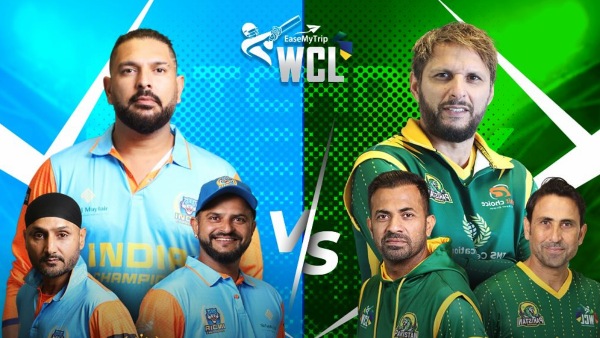
The True Cause: May 2025 – A Conflict That Shattered Indian Confidence
India’s strategic insecurity is rooted not in the Pahalgam incident alone, but in the humiliation of May 2025, when Pakistan launched Operation Bunyan-un-Marsoos. According to Pakistan’s military sources, five to six Indian jets—including the much-vaunted French Rafales—were downed, and 26 Indian military installations were neutralised in precision strikes.
The ISPR’s documentary, Marka-e-Haq, not only celebrated military prowess but also reshaped the narrative battlefield. By demonstrating restraint, avoiding civilian casualties, and exercising technological precision, Pakistan gained regional credibility and international praise, while India’s aggressive rhetoric collapsed into a U.S.-brokered ceasefire on 10 May 2025.
When India’s cricket legends refused to take the field two months later, they weren’t boycotting Pakistan—they were boycotting a mirror that reflects their own vulnerabilities, both militarily and morally.
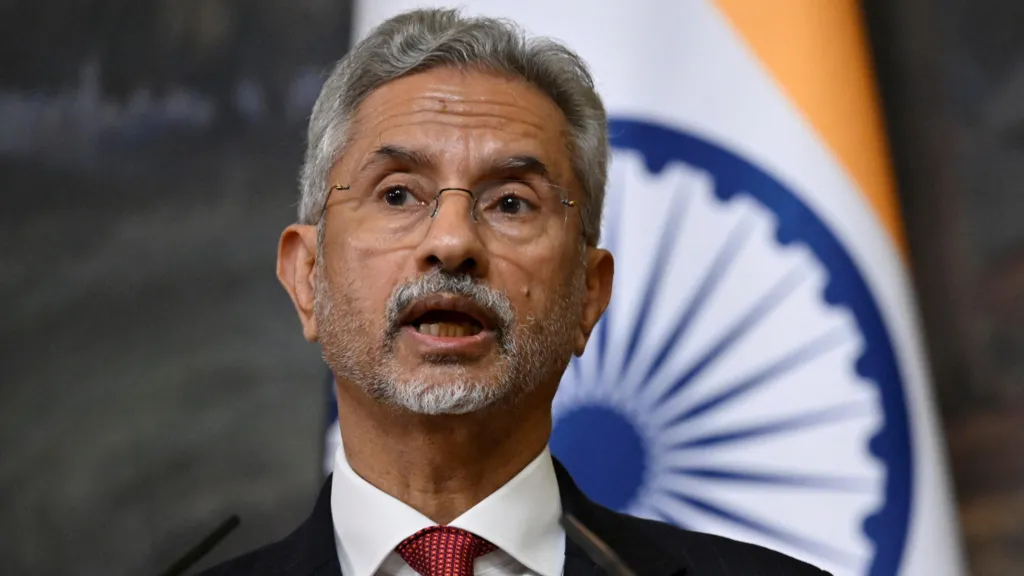
Cricket as a Battleground of Narratives
Historically, the India-Pakistan cricket rivalry has captivated billions. From the days of Imran Khan and Kapil Dev to the confrontations between Wasim Akram and Tendulkar, this fixture was more than sport—it was diplomacy, nationalism, and history condensed into 100 overs.
Yet, India’s boycott rips apart that tapestry. In shunning Pakistan, India didn’t just disrespect the WCL—they disrespected their own cricketing legacy. The EaseMyTrip boycott of Pakistani matches, the silence of the Board of Control for Cricket in India (BCCI), and the absence of condemnation from international cricket bodies reflect the growing politicisation of sport, especially in India’s RSS-dominated atmosphere.
Even The Hindu and The Tribune acknowledged the irony: India hosts volleyball matches, bilateral business meetings, and diplomatic engagements with Pakistan, but refuses a veterans’ cricket match. This contradiction exposes the selective morality that governs New Delhi’s foreign and domestic policies.
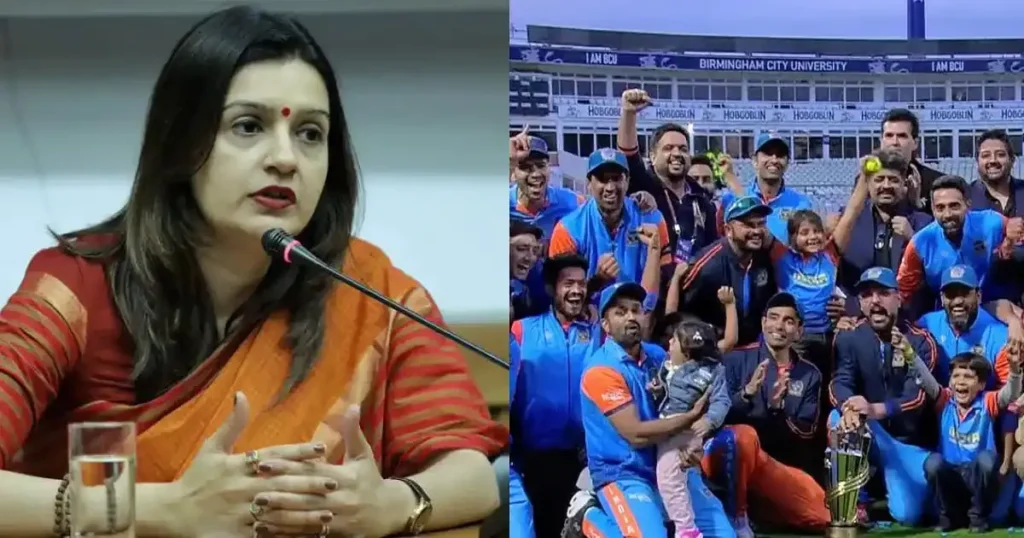
Pakistan’s Grace and Sporting Statesmanship
In stark contrast, Pakistan’s delegation—led by Hafeez and supported by legends like Shahid Afridi and Misbah-ul-Haq—demonstrated maturity, dignity, and diplomacy. Rather than retaliate with boycott or outrage, Pakistan embraced the stage, interacting with teams from Australia, England, and South Africa.
For Pakistani fans, this wasn’t just a match that didn’t happen. It was a moment of national validation. Despite being vilified, blamed, and ignored, Pakistan stood firm—willing to extend a sporting hand of peace, even after conflict.
Pakistan’s conduct during WCL 2025 has reaffirmed that it understands the Olympic Charter’s spirit—that sport transcends borders, bullets, and bitterness. In doing so, Pakistan has emerged not only as a resilient military power but also as a moral and diplomatic leader in sportsmanship.
Geopolitical Reverberations and Global Perception
India’s decision has had ripple effects far beyond the boundary ropes. International observers, particularly in the West, are increasingly alarmed at India’s shrinking democratic space, its intolerance for dissent, and its increasing alignment with majoritarian nationalism.
The USCIRF 2025 report, which recommended CPC status for India, highlighted not only human rights violations but also suppression of interfaith and international engagements—with the WCL boycott now adding fuel to the fire.
South Asian voices, including former diplomats and human rights activists, have called India’s decision “a stain on its democratic fabric.” Some even question whether India deserves to host or lead international cricket bodies if it cannot guarantee non-discriminatory engagement on the global stage.
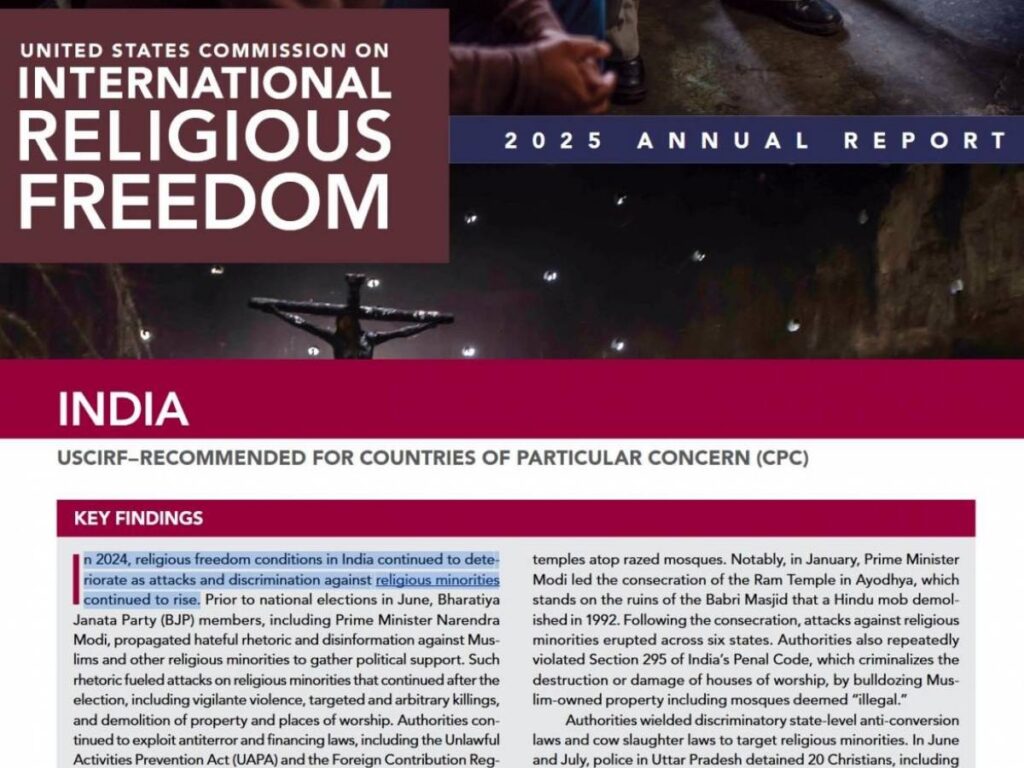
Where Do We Go From Here?
If India and Pakistan face each other in the WCL semi-final on 31 July, organisers have a chance to undo the damage. India must shed its political baggage and step onto the field—not merely for sport, but for history. Doing so would send a clear message: that cricket can heal what politics seeks to divide.
The Indian government, meanwhile, must guarantee protection for its players, insulating them from RSS intimidation, just as Pakistan has done in the past when hosting Indian teams. If cricket is to remain a bridge, it cannot be held hostage to hate.
Conclusion: Pakistan Stands Tall, India Looks Away
India’s WCL boycott is not just a tactical error—it is a moral surrender. Pakistan, victorious in war and dignified in peace, showed up to play. India, shackled by internal insecurities and external facades, chose silence.
But this silence speaks volumes. It speaks of RSS fear-mongering, of fragile nationalism, and of a country retreating from its responsibilities on the world stage. On the other hand, Pakistan’s decision to engage—despite grief, accusation, and tension—marks a chapter of unflinching resilience and principled diplomacy.
In 2025, Pakistan not only won a war—it won the moral high ground. And no boycott, however loud, can drown that truth.

